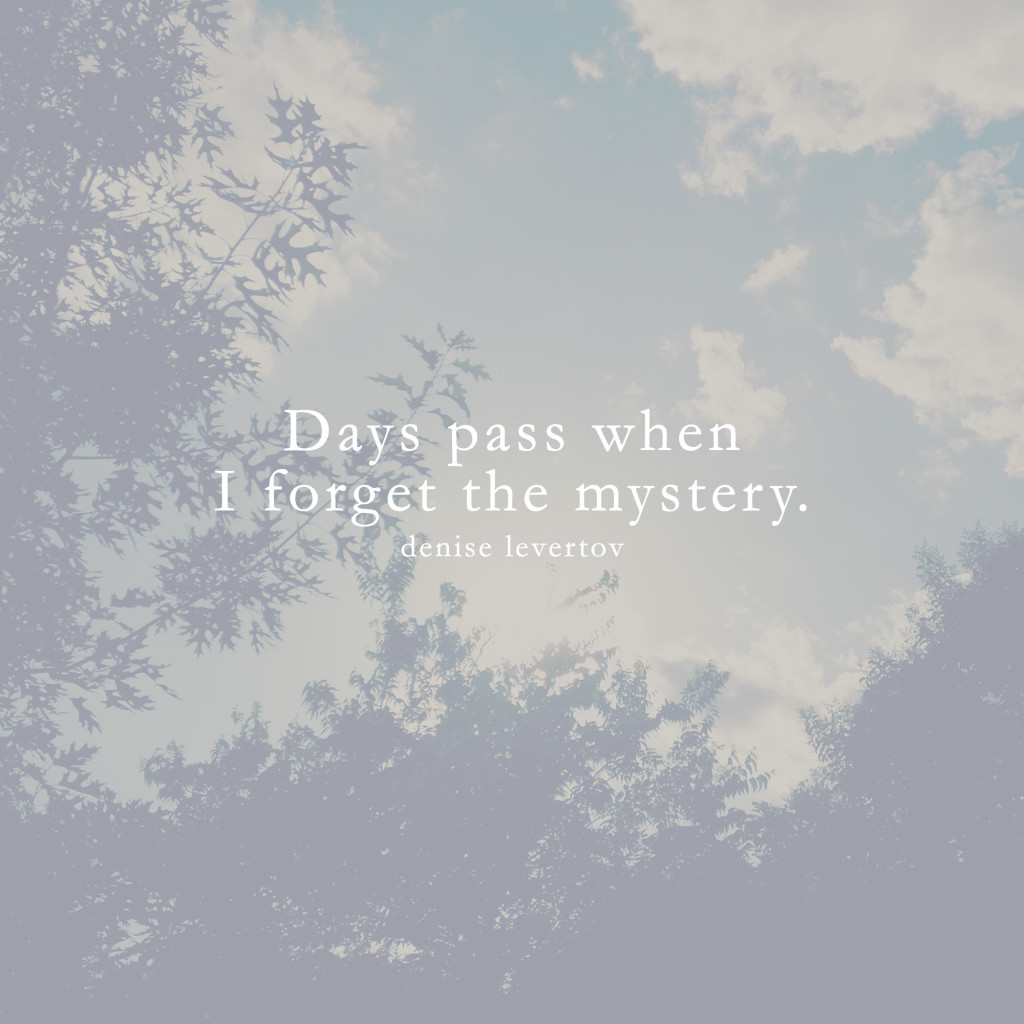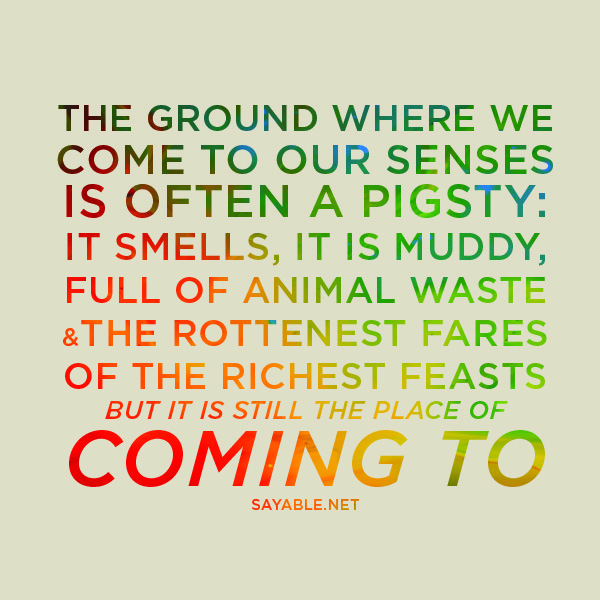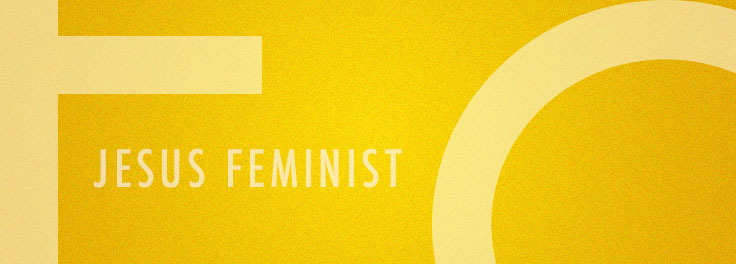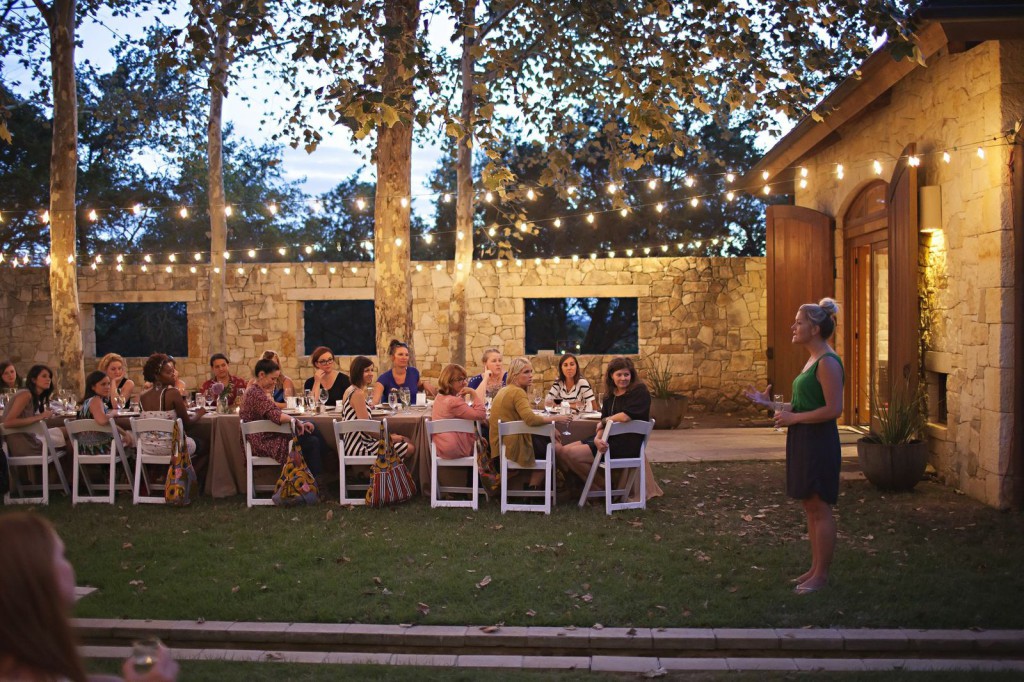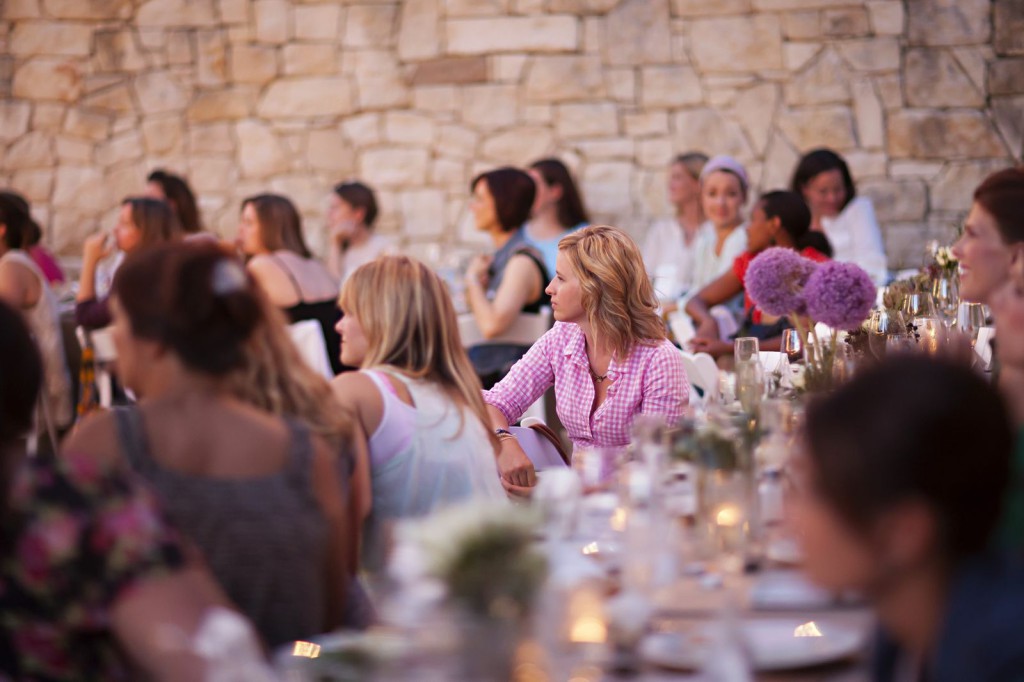Four years ago, on February 11th, 2010, I lifted my head from the snot soaked carpet, turned David Bazan off my iTunes, and reread a blog-post written by a guy who pastored a church a few hours from me. I was in the middle of not the driest season of my life, or the valley, or whatever metaphor the church folk like to give to people who have swallowed another gospel. I was weak, acquainted with sorrows.
Each of us has felt the aching weakness and realization that what we are believing (about God, salvation, suffering, the cross, blessing) is a crude misappropriation of the real thing. God help you if you don't sometimes question what you think you believe. We need that kind of desperation just as much as we need the comfort of security. Those months of weakness led to years of weakness—a weakness I hope I never recover from.
The blog author had uprooted his family from the bible belt where he'd been on staff at a few churches and moved to central Vermont to work the ground of a small local church. Faithfully God worked in him as he worked that land. He penned a book called Gospel Wakefulness and that book led to more nights of snot soaked carpet in my house. This guy left the land of church-growth-opportunity, embraced his weakness, and woke up to the gospel. For the past four years Jared Wilson has discipled me from afar in what I think, ironically, may be the most undernourished area of Christianity: weakness.
. . . . . . . . . . . . . . . . . .
The churches dotting the countryside of the northeast are sometimes only 20 or 30 faithful people. People who day in, day out, deliver crockpots and shovel driveways, sing robustly from an overhead projector or a hymnal. It's not that they're legalistic fundamentalists, they're not. They just don't have the trappings of most modern churches. They don't use Twitter and barely use Facebook. The concept of a celebrity Christianity is as foreign to them as a pastor who wears skinny jeans on their single Sunday morning service.
Belief, though, in the northeast is not rare, as the pundits will have you believe from their polls and surveys. I think belief may actually be strongest in the northeast, so deeply rooted in history and the birthplace of many of America's richest belief systems. The ground is not hard up there. A deep sense of belief is the soil tilled for hundreds of years. Trust me when I say the ground there is ripe, the best kind of ground for the gospel to take root in. I am biased, I know, but the northeast has had her years of soil rest—it is time for planting.
It will take humble, humble men and women to do that work. Northeasterners see through genteel platitudes permeating the Church these days and will raise you an honest reply. The northeast will not revive on mega-churches, but small steeple dotted hills full of saints led by men and women who aren't seeking a platform, but offering a haven. We know what it is to need shelter and if the northeastern church is to thrive it will be because it is filled with leaders who are unafraid to be weak, to need a crockpot or a shoveled driveway.
To his parishioners, Jared is simply their pastor, but Jared is pastoring thousands of rural pastors all over the world. He is modeling the long, slow work of church work. It is inglorious, it is messy, and it takes a long, long time with very little financial gain.
. . . . . . . . . . . . . .
Are you a weak Christian? Not riddled with false or partial gospels, but weak. Acquainted with sorrow? Have you suffered? Are you more impressed by hard work than by a quick rise to fame? Are you willing to farm, to get your hands dirty in rich, rich soil, to dig below the historical layers of the upper east coast? Are you okay with not being okay and are you okay with that knowledge, day after day after day?
Are you swallowed up by the grandeur of God, so much so that your success matters little to you? Do you know how to count the days and the sheep who come home, one by one by one by one? Do you know how to rest in the winter and toil in the summer; to truly work and truly sabbath?
If you do, if you are a weak Christian, than I beg you to consider rural church ministry. I think all churches need weak Christians, but I think you'll be especially suited to the rural church—the long obedience in the same direction, as Eugene Peterson says. You cannot go in there planning changes, ways in which you will revolutionize the "simple people." You really just have to farm.
But if you will farm alongside those people, you will see a harvest. Trust me, we plan for the seasons up there, and we've planned for this one for a long time.
Jared is offering a Pastoral Residency for his church in Middleton Springs Vermont. If he can't grab your attention with the amazing photos (yes, it really does look like that up there), then maybe this blog post will convince you of the need. I hope you'll check out this residency.

*I say "we" because you can take the girl out of the northeast, but you can't take the northeast out of the girl. As for why I'm not up there? I don't know. It's my near constant prayer, though.

